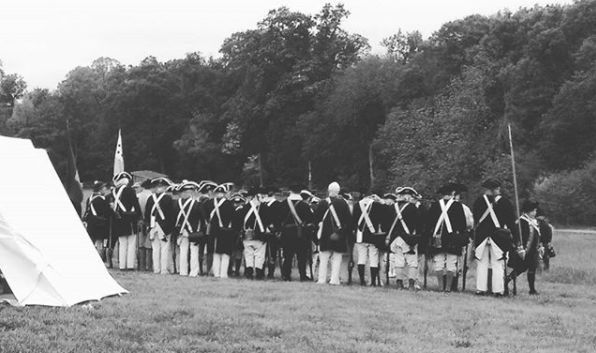I’ve always loved history and in recent years have taken a specific interest in what daily life looked like historically. What did people eat? What were their dishes and utensils made out of? What did they wear on a regular workday, and what about what they would wear to church on Sunday? What did their homes look like? How did they clean their homes, their clothes, and themselves? What did Christmas and other holidays look like for them? I could keep on going but that probably gives you the idea.
It’s hard to completely articulate why I am so fascinated by these kinds of questions. In some ways, learning how someone did their laundry 500 years ago seems like it would be the snooziest of snoozefests. (If that’s your opinion But there’s something about knowing how people actually lived that gives me an overwhelming desire to learn everything about daily, domestic life. I am far from an expert, but I wanted to share some reasons (in no particular order) that I think these everyday experiences (what I will call “domestic history”) are worth studying.
-
- These simple, everyday experiences and items make up the bulk of the human experience. The events we usually study in history are famous because they are anomalies. They that went against the norm, or changed it. So we talk about the events that changed the way people lived, without actually talking about how they lived. That doesn’t seem to make much sense if you think about it that way. Why not study the average? Isn’t that just as important as the anomalies?
- There are literally billions of people who have lived full, rich lives that history has judged unimportant. By learning what we can about what those lives probably looked like, we are saying that they mattered. Perhaps that’s a silly way to look at it and naively humanist, but I think it’s true.
- Understanding domestic history helps us understand the world around us better. Just by the nature of domestic history, we learn more about our own contemporary world. My own limited study of domestic history has led me to have a much greater understanding of raw ingredients and how they turn into items I use every day.
- Domestic history is interdisciplinary. It’s not isolated. Those big events that we usually study? Well, they can affect and be affected by what everyday life looks like. I would argue it’s hard to understand those grand scale events if you don’t know what people wore, what they ate, what they believed, etc.
- It’s cool! I could talk your ear off delightfully explaining how brilliant historical clothing is and how smart our ancestors actually were. I think domestic history can bring a new appreciation of the boring parts of our own lives as we learn how things changed and developed into the items and processes we use today.
If you are interested in domestic history but aren’t quite sure where to look, I highly recommend looking into the living history documentaries with Ruth Goodman. I’ve embedded one below: the first episode of a series called Tales From the Green Valley, a series about daily life in early 17th century England.
